Nitrates are chemical compounds (salts of nitrogen acid) that find wide use in the food industry (as preservatives and artificial colors), in agriculture (as mineral fertilizers), in the manufacture of paints, glass, plastics, drugs and more.
Nitrates are most commonly found in fertilizers, and from there - in vegetables. A significant problem of them ending up in the soil is the fact that they are quickly washed away and the water cycle rapidly takes them to water basins, including drinking water sources.
Nitrates enter the human body through food and drinking water. The permissible amount of nitrates in drinking water is 50 mg / L.
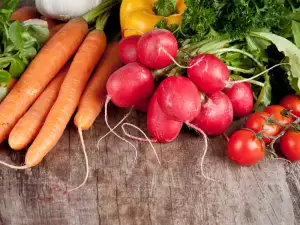
Dangers of Nitrates
On their own, nitrates are not a health risk. But exceeding a certain concentration, they have a vasodilatory effect and decrease blood pressure. This is not considered a serious problem, especially if ingested within the norm.
But when nitrates react under a specific temperature or chemical interaction they are transformed into nitrites. Deep within the body they bind to hemoglobin.
The essential functions of hemoglobin is its ability to be a dynamic oxygen carrier - to take in oxygen at a certain pressure and to release it at another. This allows hemoglobin to be a major transporter of oxygen, needed for breathing. Nitrites disrupt this property of hemoglobin.
By binding to hemoglobin, they lead to a permanent inflexible compound, which is no longer hemoglobin and does not have the ability to bind with oxygen. This condition is known as methemoglobinemia.

4-6 hours after nitrites enter the body, the person suffers suffocation, nausea, diarrhea, their skin turning blue. At the same time, the face may feel weak, along with the presence of dizziness, sometimes fainting, increased heart palpitations, neck pains.
Eating food and water with a high content of nitrates for extended periods of time leads to the development of allergies, disrupted thyroid function, nervous system and musculoskeletal issues. A disrupted metabolism can lead to the development of various diseases.
Foods with Nitrates
Foods that tend to absorb large quantities of nitrates are zucchini, spinach, lettuce, sugar beets, cabbage, broccoli, green beans. Mineral water is also a potential source of large amounts of nitrates because it is not always subjected to strict inspection. Usually about 80% of nitrates in our bodies come from vegetables.
Nitrates are still a key component in the production of various foods - meat, fish, dairy and so on. Their use is clearly regulated, particularly as an antibacterial agent and preservative.
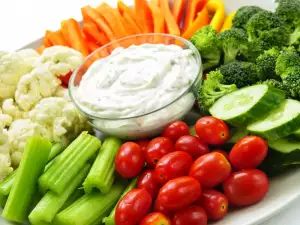
Consumption of water, contaminated with chemicals or nitrates is especially dangerous for pregnant women and little children. There is also evidence that water with high nitrate quantities has led to necessary abortions in some women.
Treatment of Foods with Nitrates
First off, try to buy only fresh vegetables with a nice dark green color. Keep in mind that large vegetables contain more nitrates, the reason being quite simple - to reach excessively large sizes they were fertilized more often. The hard parts of leafy vegetables contain the largest amount of nitrates so always remove them.
In cucumbers and zucchini, the nitrates are found in the skins, so it's best to peel them. When boiling vegetables, the nitrates seep into the water. Don't let it cool, throw it away immediately because otherwise the nitrates will go back into the veggies.
It is recommended seasoning salads not with vinegar but with lemon juice because it contains a large amount of vitamin C which prevents nitrates from becoming nitrites and nitrosamines.

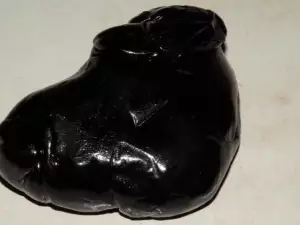

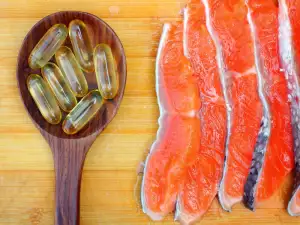
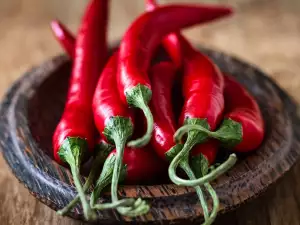
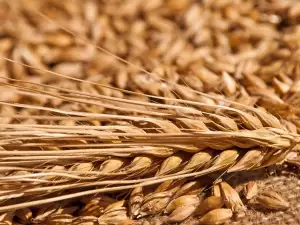

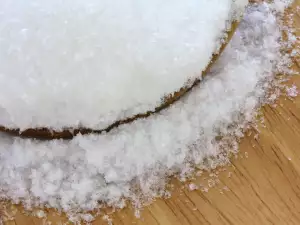
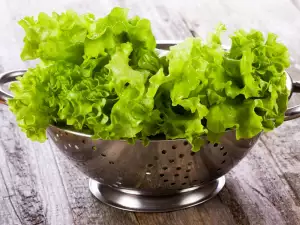
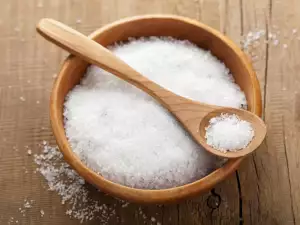
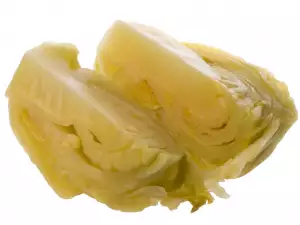


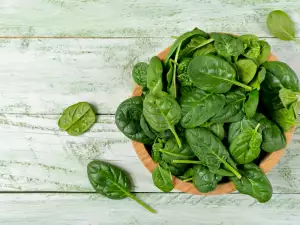
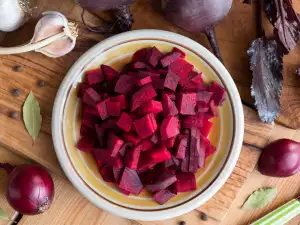
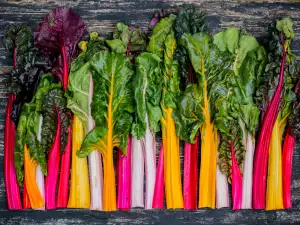
Comments